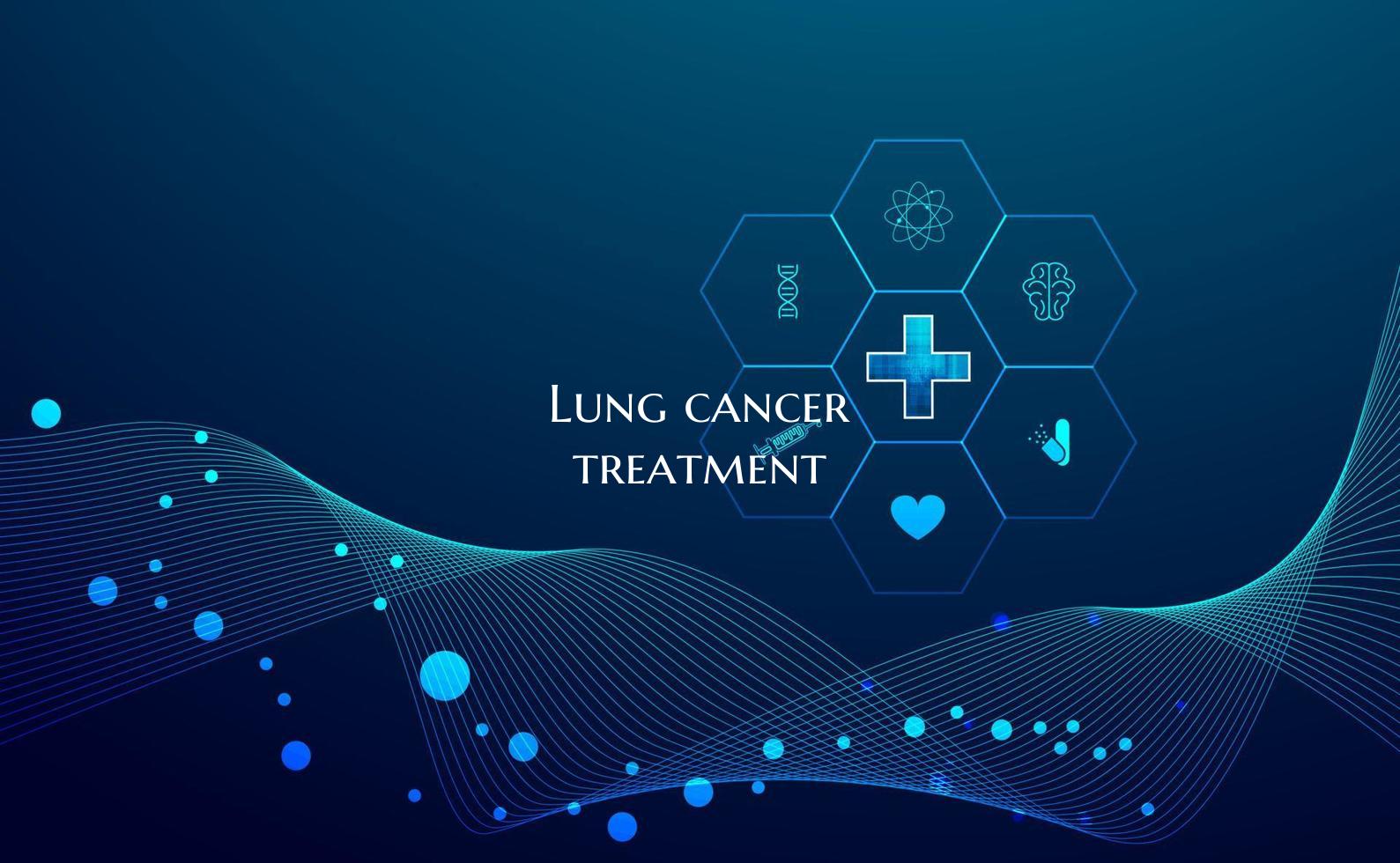
Lung cancer treatment
Lung cancer treatment typically involves a combination of therapies such as surgery, chemotherapy, radiation therapy, targeted therapy, and immunotherapy. The choice of treatment depends on the type and stage of the cancer, as well as the overall health and preferences of the patient.
1. Surgery: In cases where the cancer is localized and has not spread significantly, surgery may be recommended to remove the tumor and surrounding tissue. Lobectomy, pneumonectomy, and segmentectomy are common surgical procedures for lung cancer treatment.
2. Chemotherapy: Chemotherapy involves the use of drugs to kill cancer cells or stop them from growing. It is often used in combination with surgery or radiation therapy. Chemotherapy may be administered orally, intravenously, or through targeted delivery methods.
3. Radiation Therapy: This treatment uses high-energy radiation to target and kill cancer cells. It may be used as a primary treatment for lung cancer or in conjunction with surgery and chemotherapy. Radiation therapy can help shrink tumors, relieve symptoms, and improve overall survival rates.
4. Targeted Therapy: Targeted therapies are drugs that specifically target certain mutations or proteins that drive the growth of cancer cells. These therapies are often used for patients with specific genetic characteristics that make them eligible for targeted treatment.
5. Immunotherapy: Immunotherapy works by harnessing the body's immune system to identify and destroy cancer cells. This treatment can boost the immune response against cancer and has shown promising results in certain types of lung cancer.
6. Clinical Trials: Patients may also have the option to participate in clinical trials that investigate new approaches to lung cancer treatment. These trials can provide access to cutting-edge therapies and help advance the field of cancer research.
It is important for patients to work closely with their healthcare team to determine the most appropriate treatment plan for their individual situation. Regular monitoring, follow-up care, and lifestyle adjustments can also play a crucial role in managing lung cancer effectively. Early detection and comprehensive treatment are key factors in improving outcomes for individuals diagnosed with lung cancer.